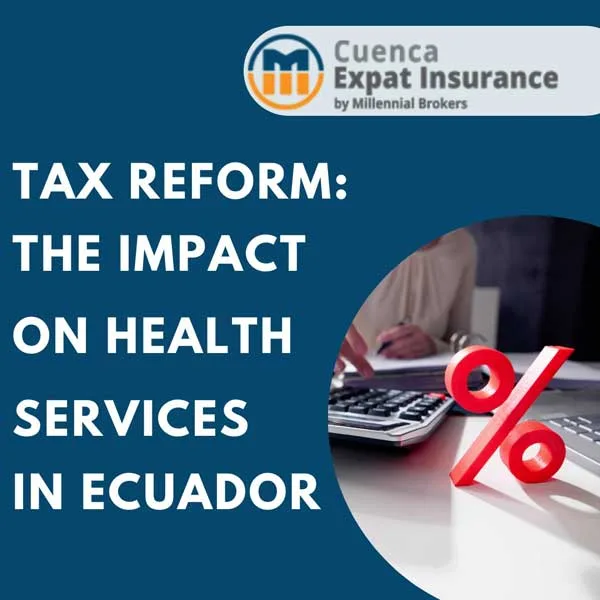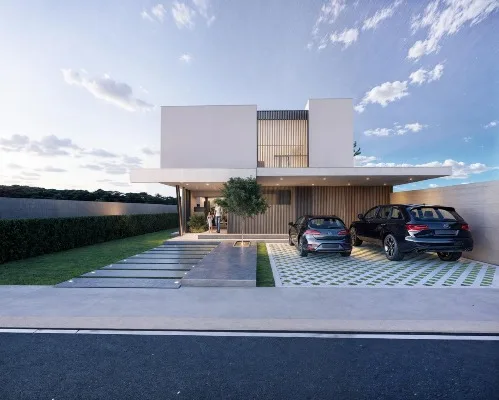The failures of the pandemic response illustrate the shortcomings of modern democracies
By Richard Horton
What is the best political system to protect and advance health? In 2019, Thomas Bollyky, who directs the Global Health Program at the U.S. Council on Foreign Relations, and colleagues reported evidence in The Lancet suggesting that democracies are better than autocracies for delivering gains in health. Advantage America, he seemed to be saying.
than autocracies for delivering gains in health. Advantage America, he seemed to be saying.
The argument is superficially convincing. Democracies sharpen the accountability of governments to their citizens. Free and fair elections create incentives for political leaders to pay serious attention to the wellbeing of voters. Perhaps global health advocates need to be in the business of promoting democracy. But then Covid-19 struck. Democracies stumbled. Some autocracies seemed better able to take the tough decisions needed to get a pandemic under control.
But next week, U.S. President Joe Biden hopes to rehabilitate democracy. He is hosting the first of two Summits for Democracy, intended to ignite a movement “for democratic renewal and to tackle the greatest threats faced by democracies today through collective action”. Biden has three objectives: to strengthen defences against authoritarianism; to fight corruption; and to promote human rights. 110 countries, from Albania to Zambia, together with the EU, have been invited to the virtual gathering.

Some autocratic governments seemed better able to take the tough decisions needed to get a Covid-19 pandemic under control.
The presence of some countries at the Summit has already provoked controversy. The Chinese Government is not pleased that Taiwan has been included. Beijing considers Taiwan to be nothing more than a province of China and has complained that Biden has made a “mistake”. Not the best of starts.
There is also an important caveat to consider. Before President Biden’s guests trumpet democracy as an instrument to improve human wellbeing, they will need to be clear about what democracy is and what it is not. We may think that democracy has something to do with majority rule. But Josiah Ober, a professor of classics and political science at Stanford University, has spent much of his career stripping away the dazzling adornments of liberal democracy (personal autonomy, natural rights, and social justice) to discover what he believes is democracy’s true underlying meaning.
What was the problem democracy was trying to solve? As human settlements grew, the challenge their inhabitants faced was how to divide responsibilities to fulfil particular tasks — in a single word, cooperation. Demokratia stood for two ideas: people (demos) and power (kratos). Democracy was created to enable people to do things. The prerequisites for cooperation, according to Ober, were three-fold. To be free to think, speak, and associate with others. To be able to contribute equally to the whole community. And to be committed to the dignity of each member of that community.
Ober calls this political system, partly realized in classical Greece, basic democracy — self-government by a diverse body of citizens. This basic form of democracy sought to deliver prosperity, security, and lives lived without having to submit to autocratic rule.
Ober insists that the “positive value” of basic democracy has been obscured by its relatively recent liberal turn. He places a special premium on the importance of participation (rather than representation). The success of a democracy depends on everyone contributing to its goals of prosperity, security, and non-tyranny. And the necessity of that participation entails that democracies provide education and welfare guarantees (health, food, and housing) to optimize those contributions. The implication of Ober’s argument is that citizens should play a more direct part in democratic life. In his book, Demopolis (2017), Ober ends with a warning: “A good deal of human misery has attended twenty-first-century policies of ‘democracy promotion’, notably in the Middle East.”
Moreover, Ober is concerned that liberal democracy may not be able to solve the complex crises facing our world today. If liberal democracy fails, as it has done during this pandemic, the public might lose faith in its efficacy and, over time, be susceptible to the attractions of more authoritarian rule. But the choice we face is not between liberal democracy and autocracy. Rather, it is to understand that there exists a non-liberal version of democracy, which is still able to deliver security, prosperity, liberty, equality, dignity, education, and wellbeing, including health.
President Biden’s efforts to renew democracy deserve support. But the value of democracy lies not in its liberal form, but in something much more fundamental — and that is what we must defend against populist and totalitarian regimes.
__________________
Credit: The Lancet


















